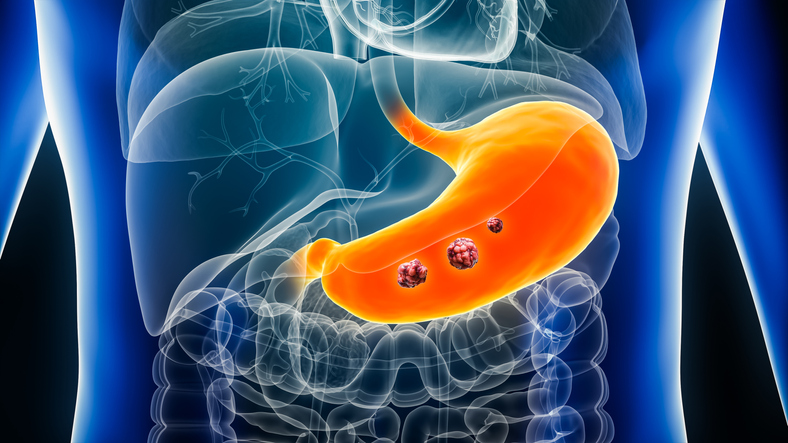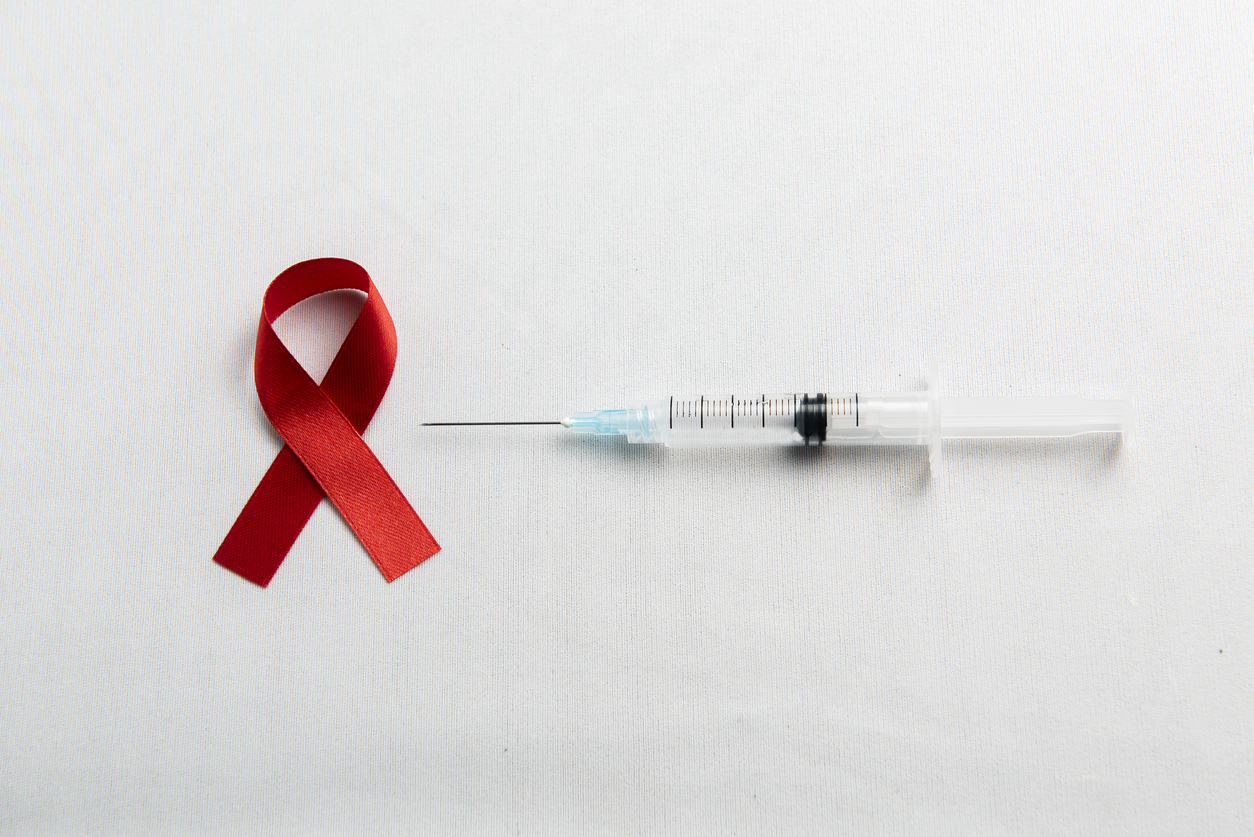2024-02-26
Malnutrition in gastric cancer
Gastroenterology and Hepatology
In this retrospective study of 312 gastric cancer patients, researchers developed and tested a technique based on deep learning to assess the risk of malnutrition prior to surgery. Clinical factors and characteristics of the psoas muscle at the level of the third lumbar vertebra were taken into account. Analyses showed that BMI, lymphocytes and albumin were clinically independent of malnutrition risk. The model developed by the researchers proved relevant for assessing the risk of malnutrition prior to surgery in gastric cancer. It allowed patients to be stratified from low to high risk. Overall survival time was lower in the high-risk group than in the low-risk group.

Last press reviews
Could cinnamon become a natural treatment for metabolic syndrome?

By Lila Rouland | Published on December 5, 2025 | 3 min read<br><br>...
Who is afraid of Christmas? Do holidays trigger psychiatric crises?

By Carolina Lima | Published on Décember 4, 2025 | 3 min read
Twice-yearly injections to change the game?

By Ana Espino | Published on December 3rd, 2025 | 3 min read